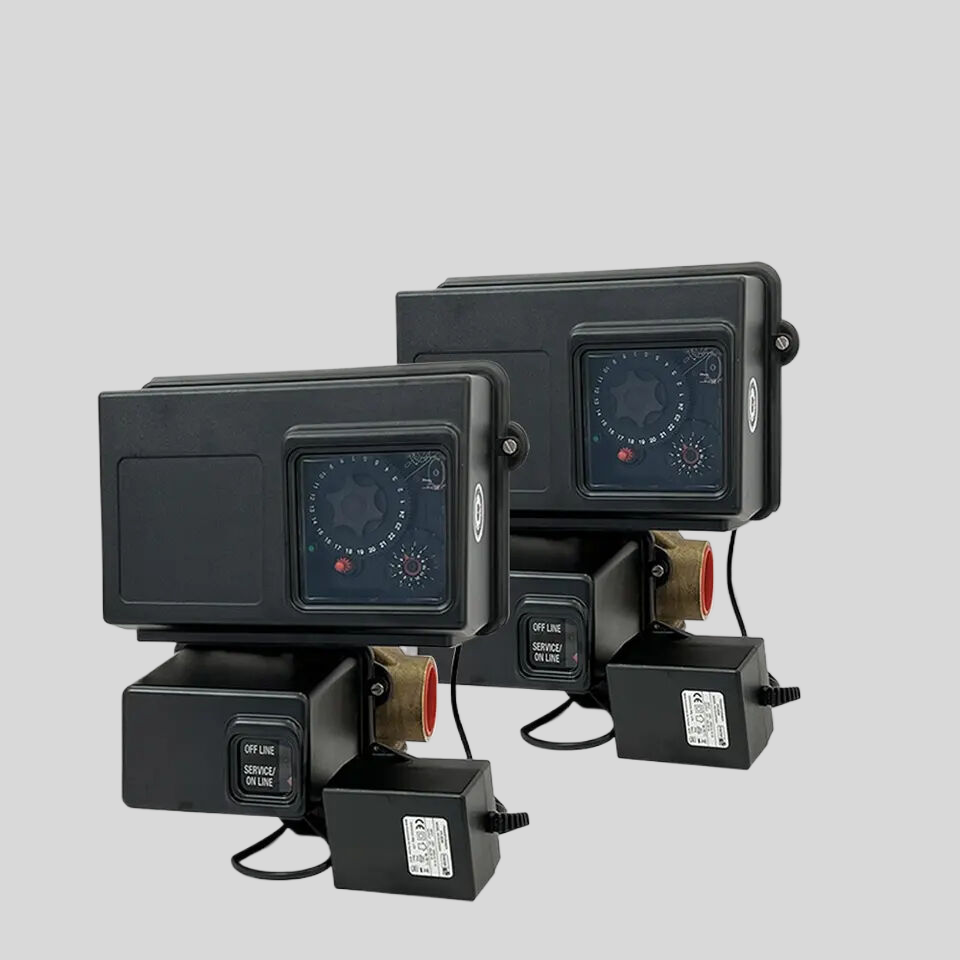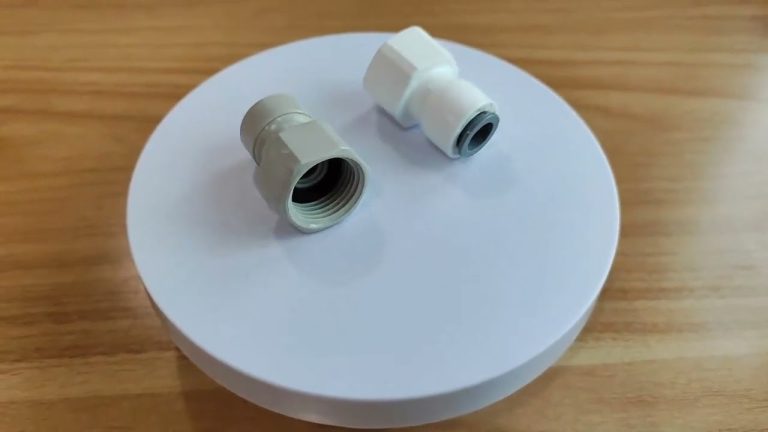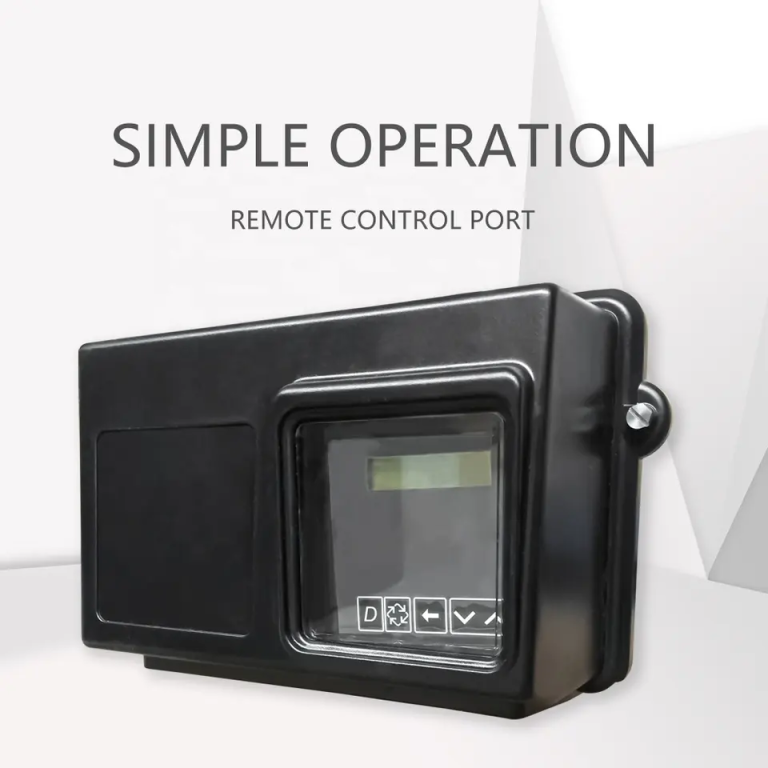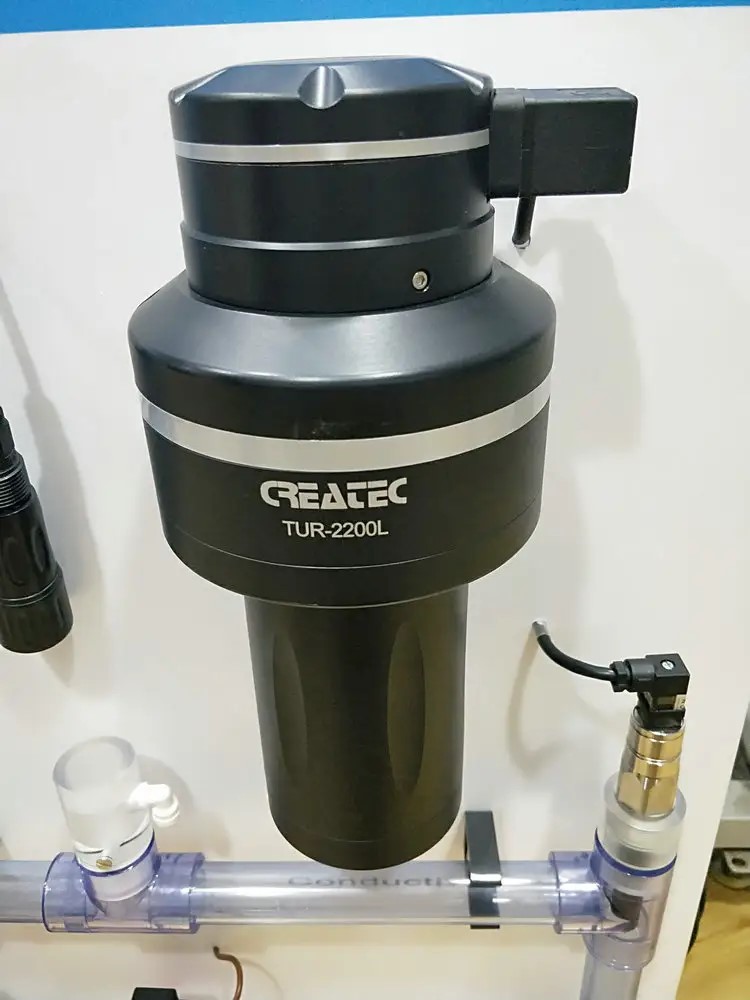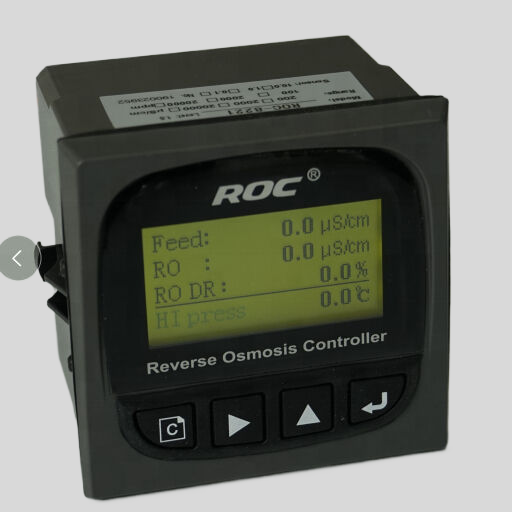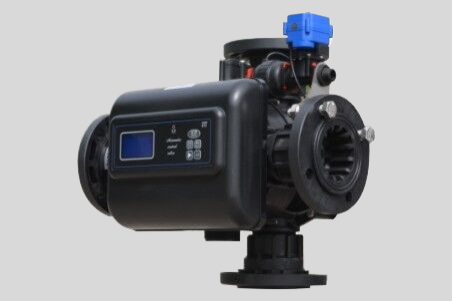“Get the right water softener for your home’s needs and enjoy softer, cleaner water every day.”
Benefits of Using a Water Softener
Water softeners are a valuable addition to any home, providing a wide range of benefits that can improve the quality of your water and the overall efficiency of your household appliances. If you are considering investing in a water softener, it is important to understand the different types available and which one is best suited to your specific needs.
One of the primary benefits of using a water softener is the reduction of hard water minerals such as calcium and magnesium. These minerals can cause a variety of issues in your home, including scale buildup in pipes and appliances, soap scum on dishes and laundry, and dry, itchy skin and hair. By removing these minerals, a water softener can help to prolong the life of your plumbing and appliances, improve the effectiveness of your cleaning products, and leave your skin and hair feeling softer and smoother.
There are several different types of water softeners available, each with its own set of advantages and disadvantages. The most common type is a salt-based water softener, which uses ion exchange to remove hard water minerals from the water. These systems require regular maintenance to replenish the salt supply and remove the accumulated minerals, but they are highly effective at reducing hardness levels in water.
Another option is a salt-free water softener, which uses a different technology called template-assisted crystallization to prevent hard water minerals from forming scale. While these systems do not actually remove the minerals from the water, they can be a good option for those who are concerned about the environmental impact of salt-based systems or who have health issues that require them to limit their salt intake.
In addition to choosing the right type of water softener, it is also important to consider the size and capacity of the system. The size of the water softener you need will depend on the hardness of your water, the size of your household, and your water usage habits. A larger household with higher water usage will require a larger system with a higher capacity, while a smaller household with lower water usage may be able to get by with a smaller system.
When determining the size of water softener you need, it is important to consider both the flow rate and the grain capacity of the system. The flow rate refers to the amount of water that the system can treat per minute, while the grain capacity refers to the amount of hardness minerals that the system can remove before it needs to be regenerated. It is important to choose a system with a flow rate and grain capacity that are appropriate for your household’s needs in order to ensure that it is able to effectively soften your water.
| Model: Automatic softener Valve | ASDU2 -LCD/LED |
| Working Position | Service->Back Wash->Downflow Brine and slow rinse->Refill -> Fast rinse->Service. |
| Service->Back Wash->Upflow Brine and slow rinse->Refill -> Fast rinse->Service. | |
| Regeneration mode | Automatic type |
| Meter Delay | |
| Meter immediate | |
| Intelligent Meter Delay | |
| Intelligent Meter Immediate | |
| Timer by day : 0-99 days | |
| Timer by hours: 0-99 hours | |
| Inlet | 1/2” 3/4” 1” |
| Outlet | 1/2” 3/4” 1” |
| Drain | 1/2” |
| Base | 2-1/2” |
| Riser pipe | 1.05” OD |
| Water Capacity | 2m3/h |
| Working Pressure | 0.15-0.6Mpa |
| Working Temperature | 5-50 °C |
| Power Supply | AC100-240 / 50-60Hz / DC12V-1.5A |
In conclusion, using a water softener can provide a wide range of benefits for your home, from improving the quality of your water to prolonging the life of your appliances. When choosing a water softener, it is important to consider the type, size, and capacity of the system in order to ensure that it is able to meet your specific needs. By investing in the right water softener for your home, you can enjoy all of the benefits of soft water for years to come.
